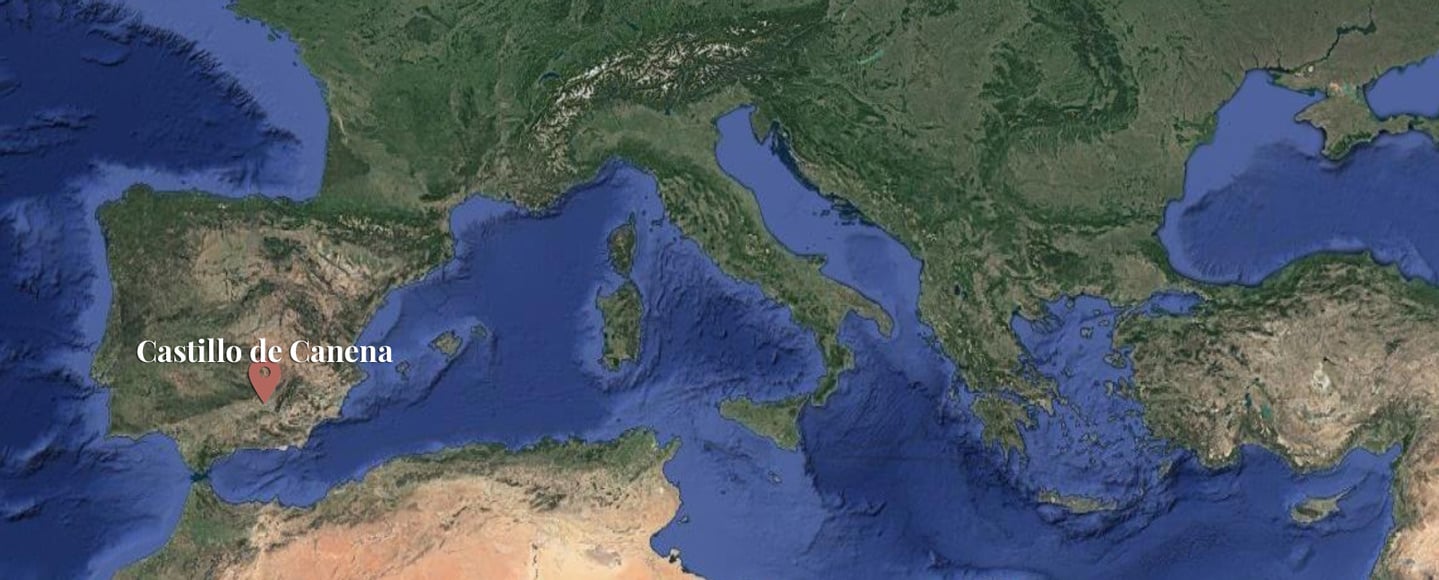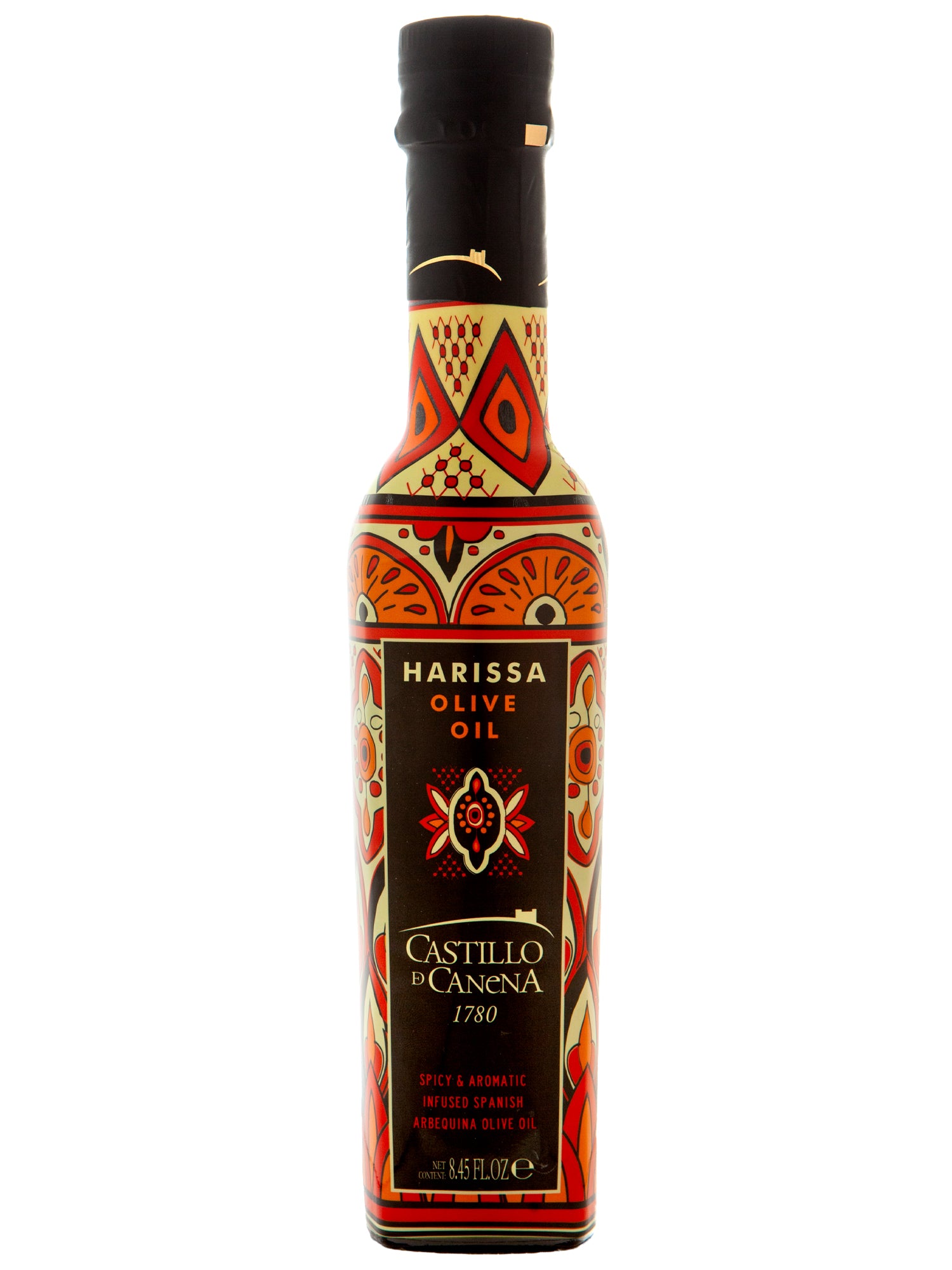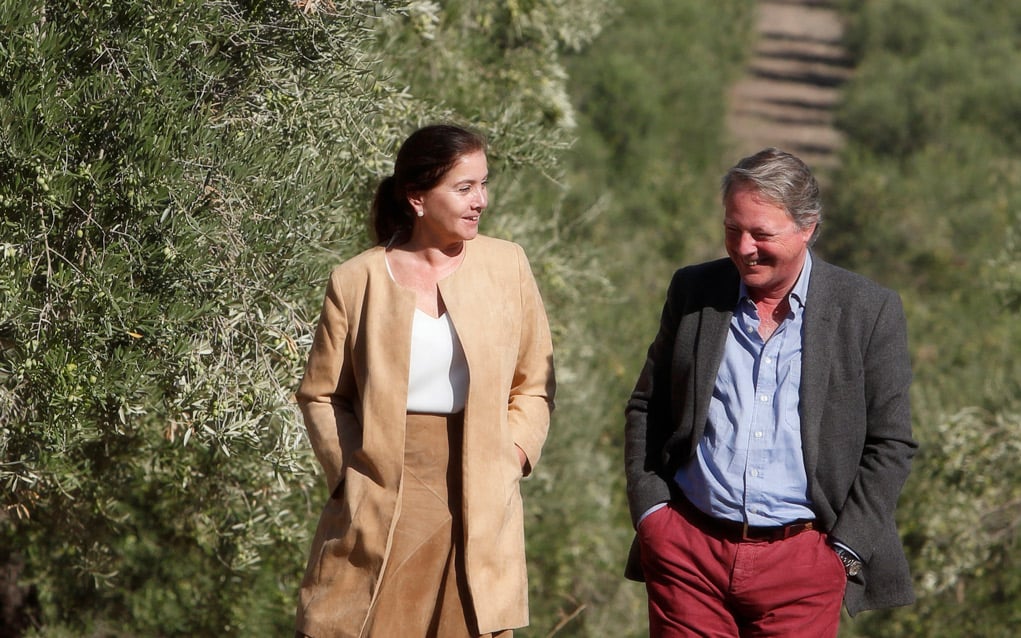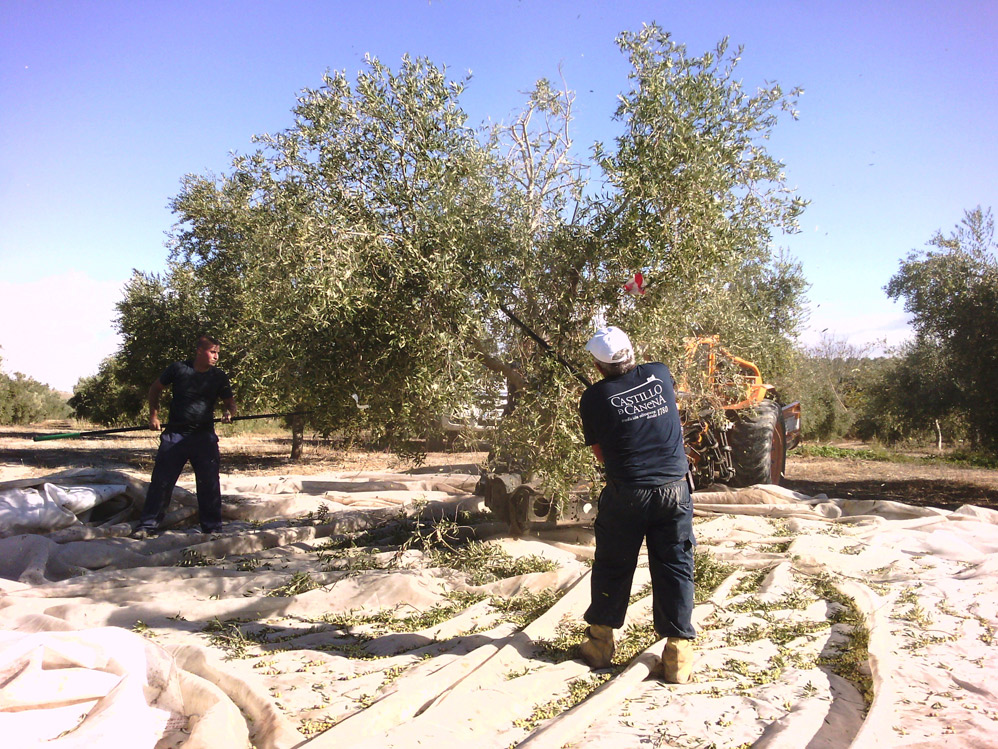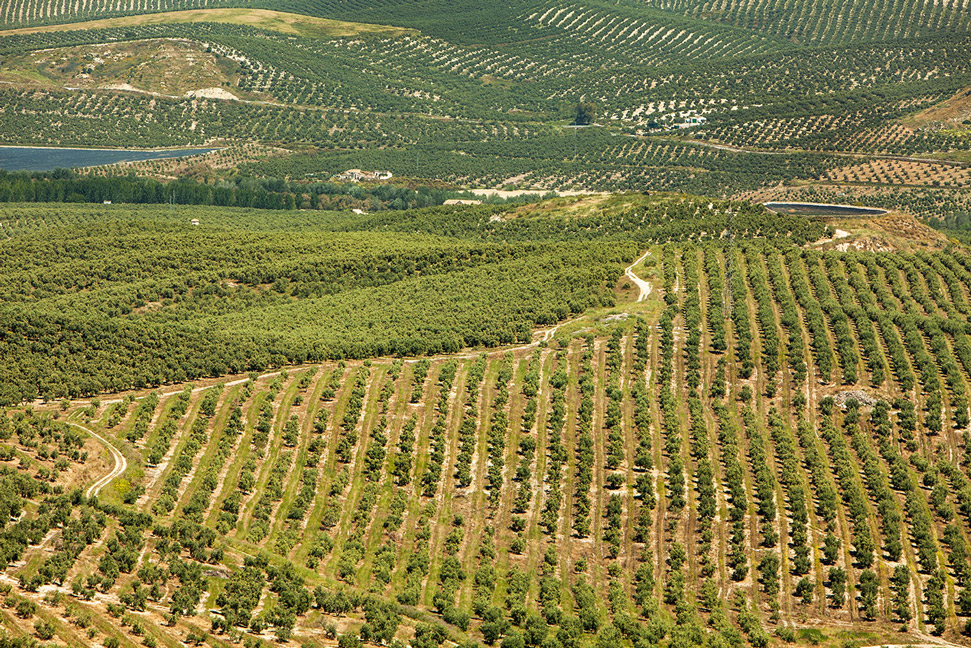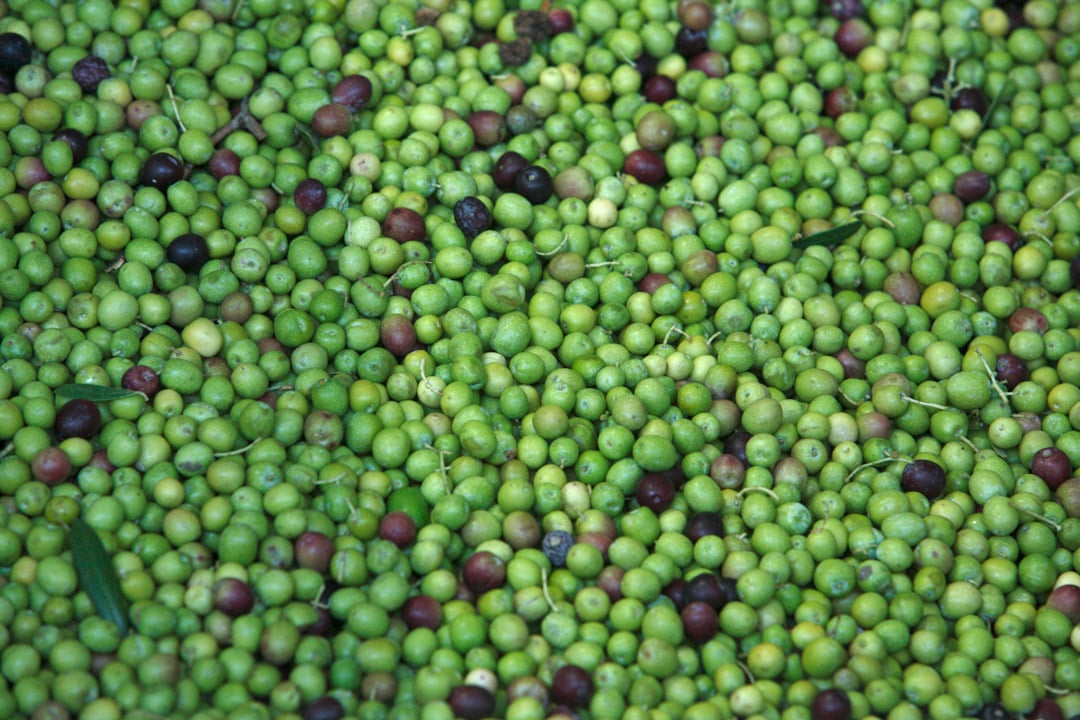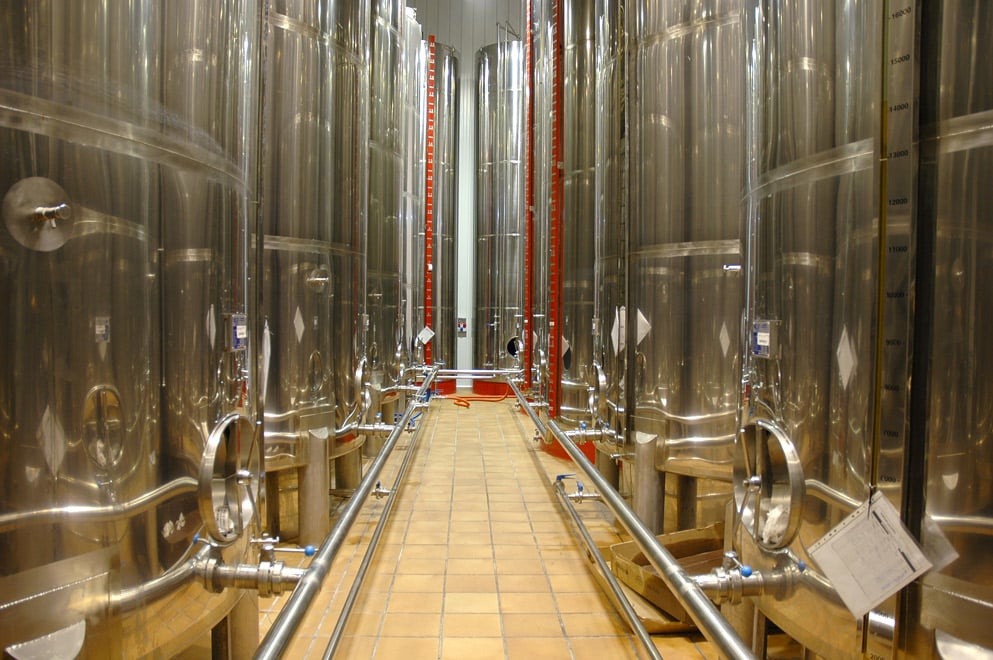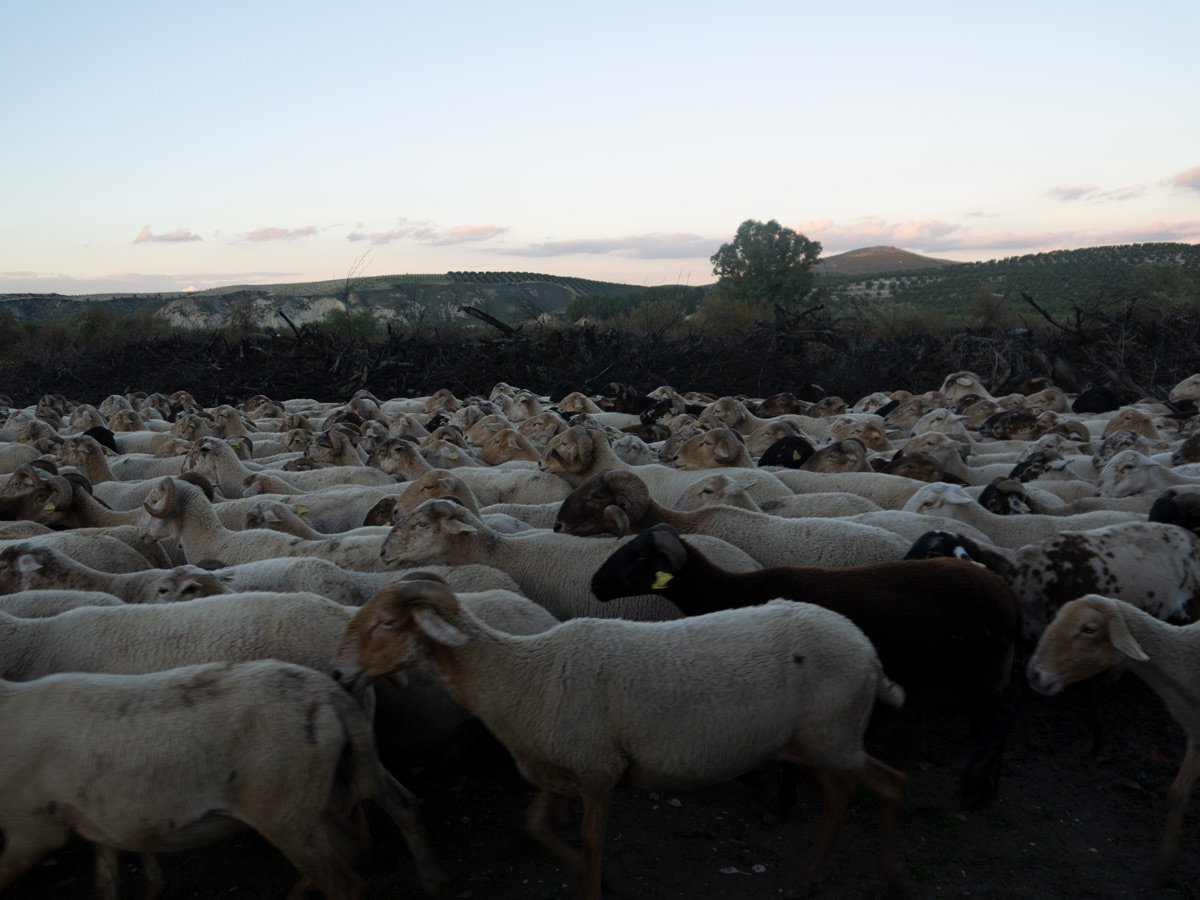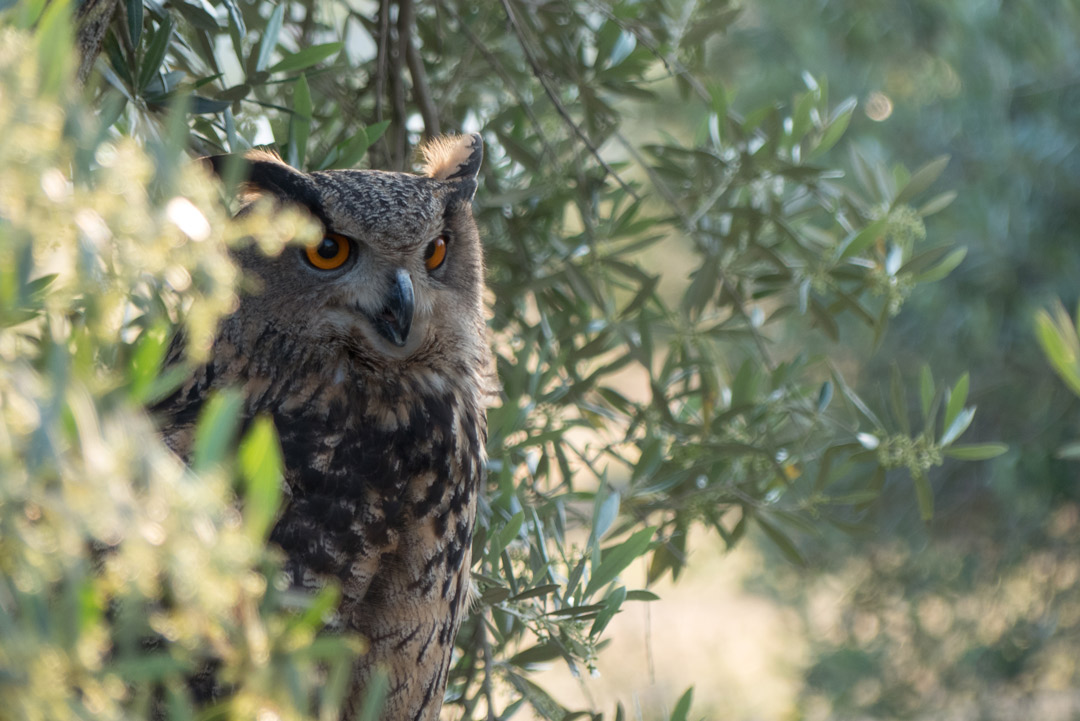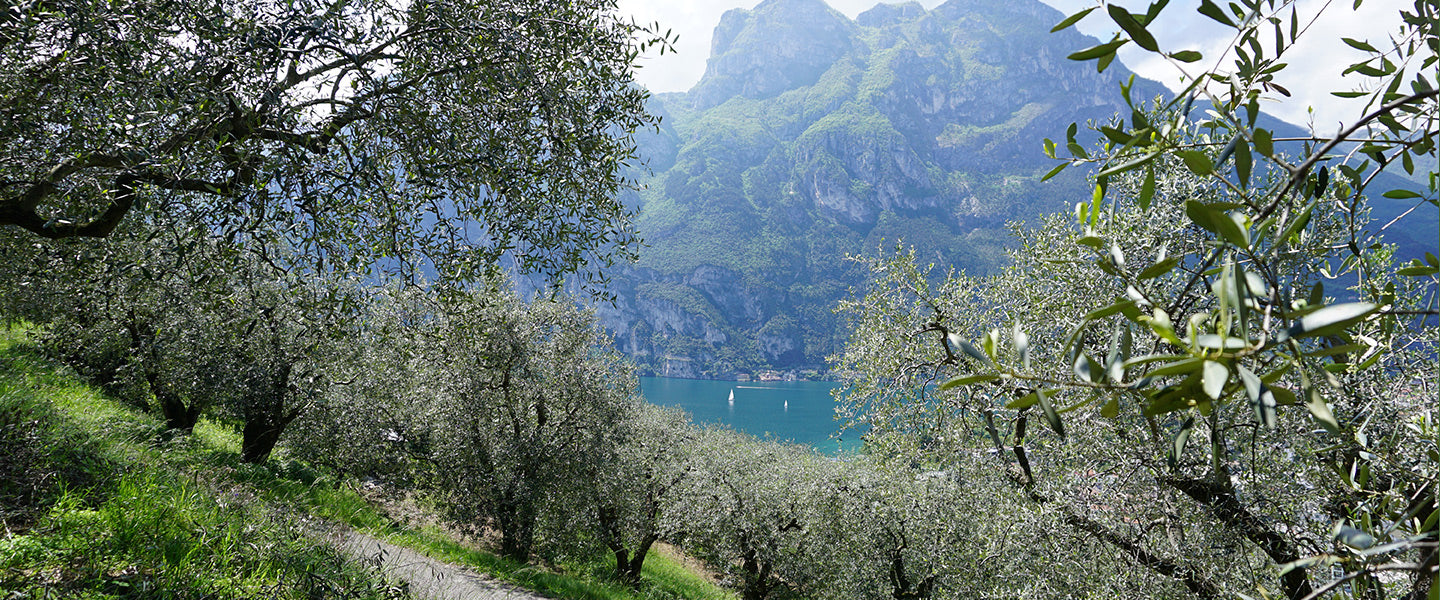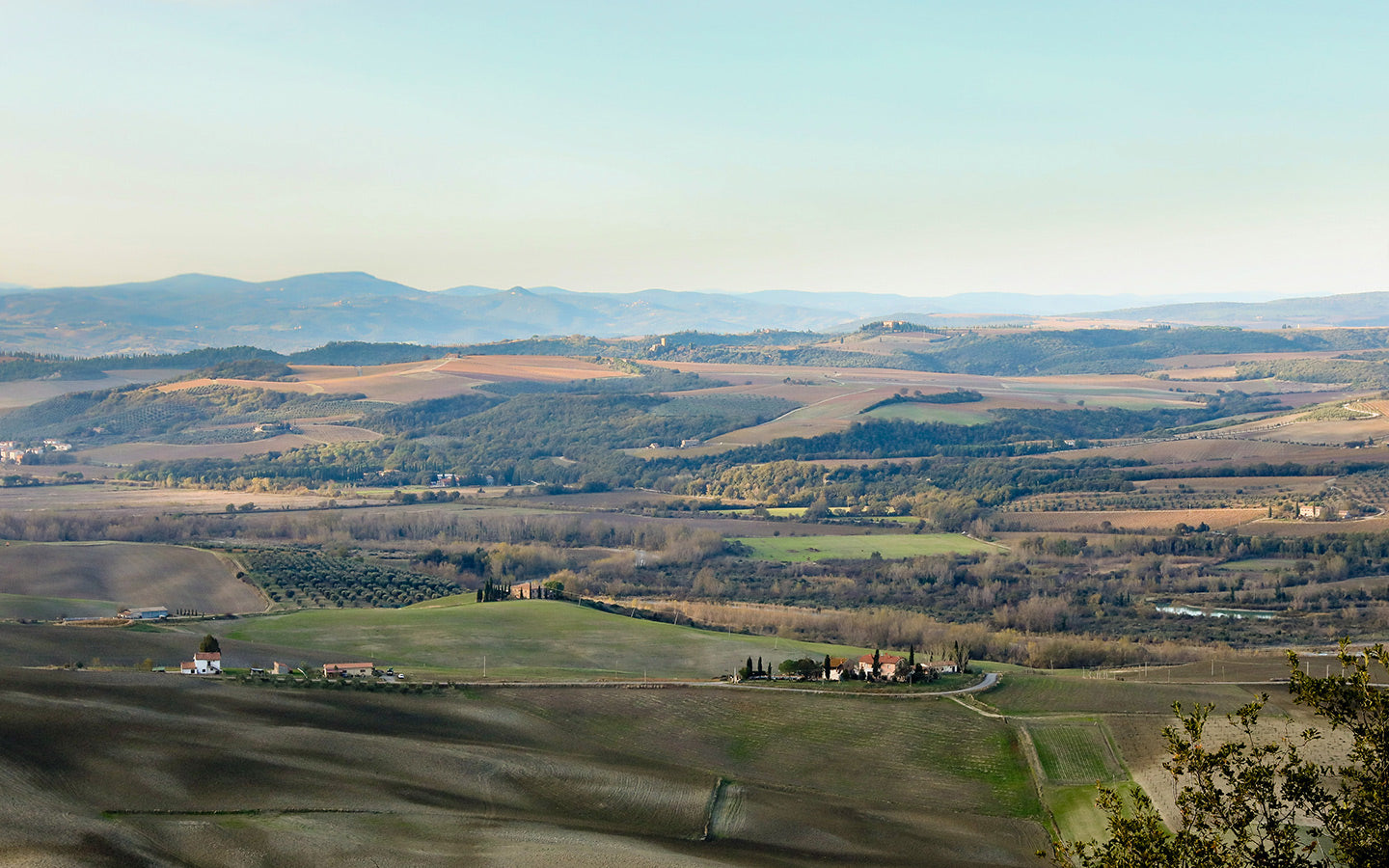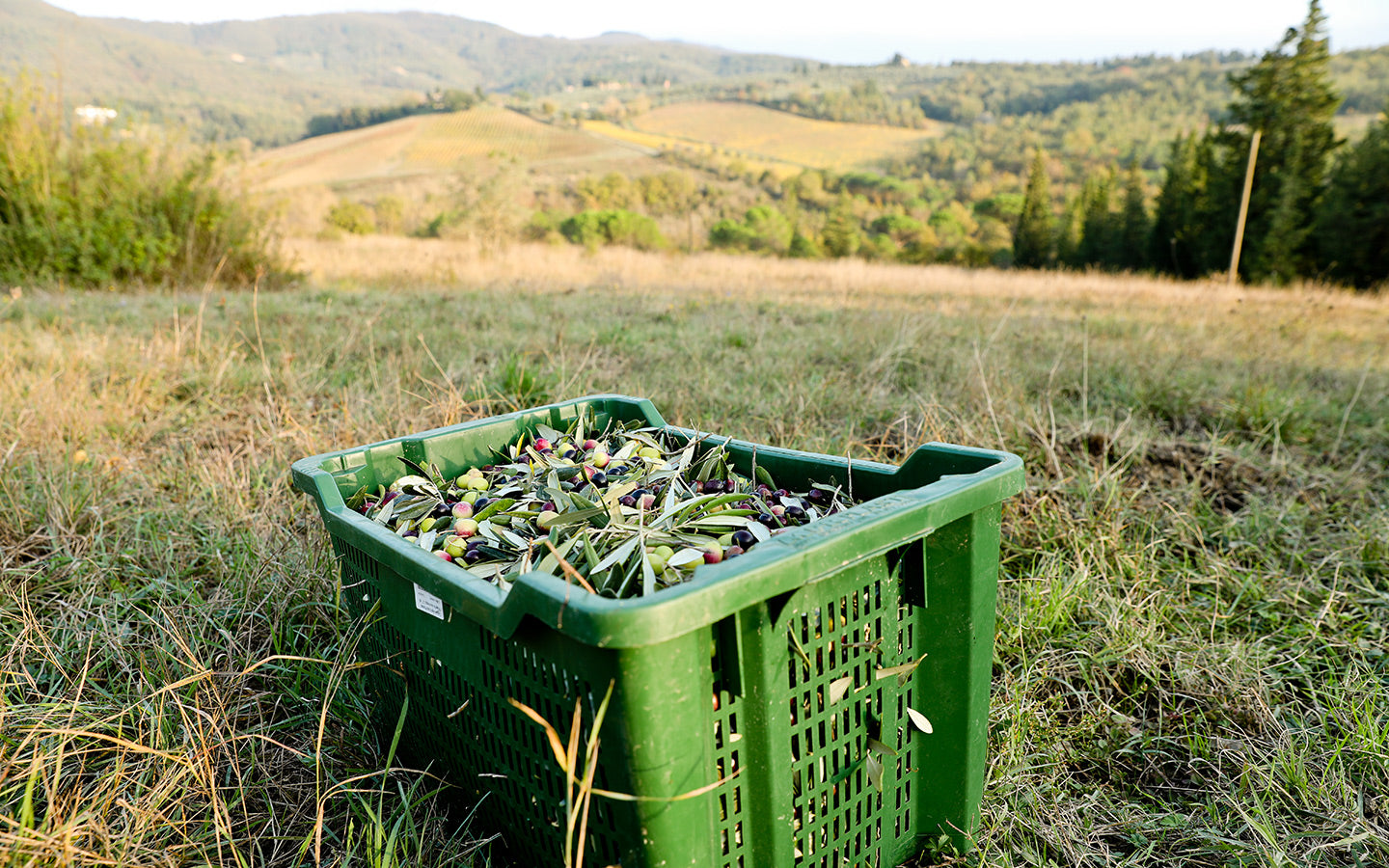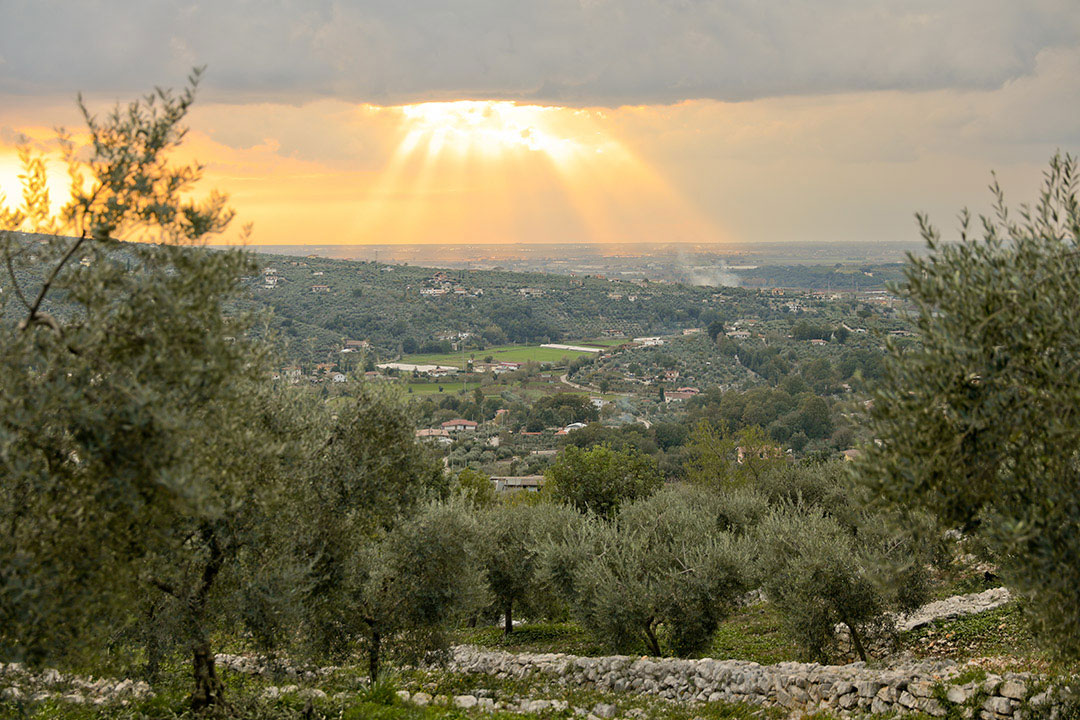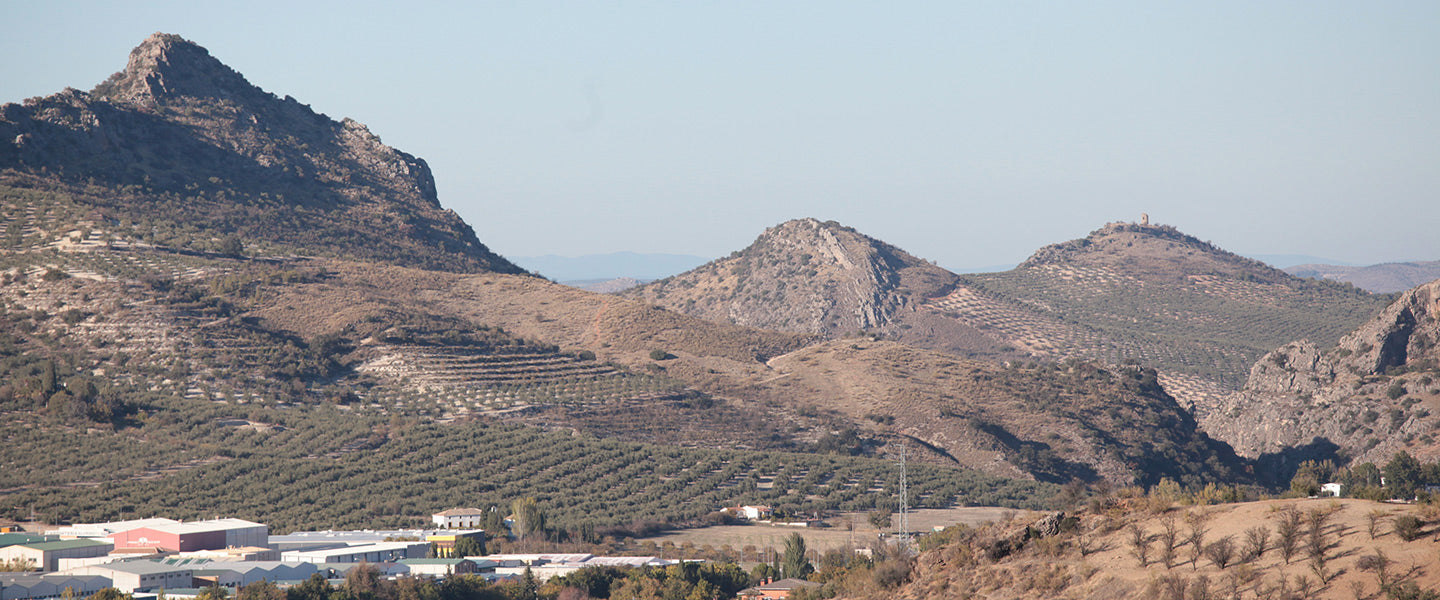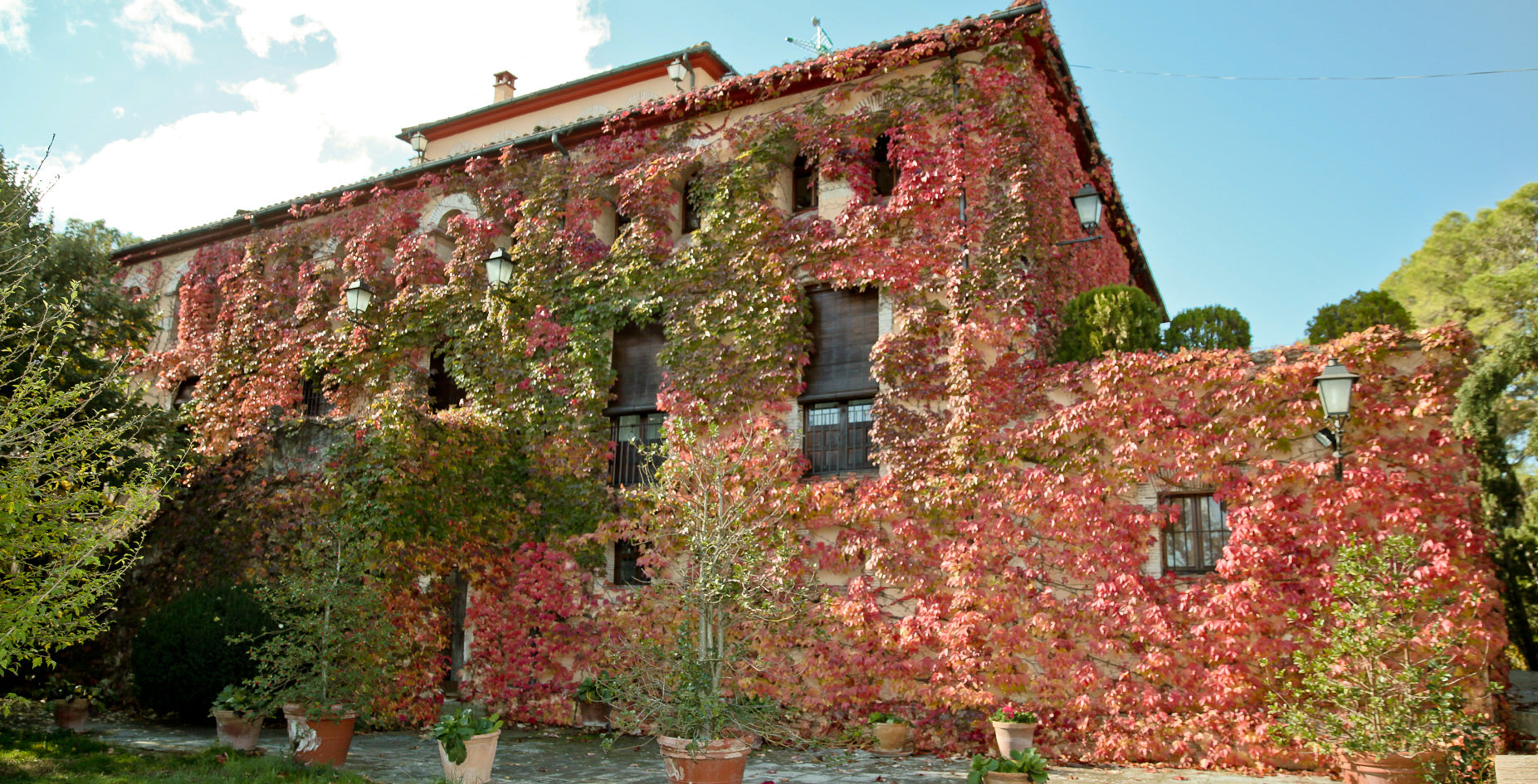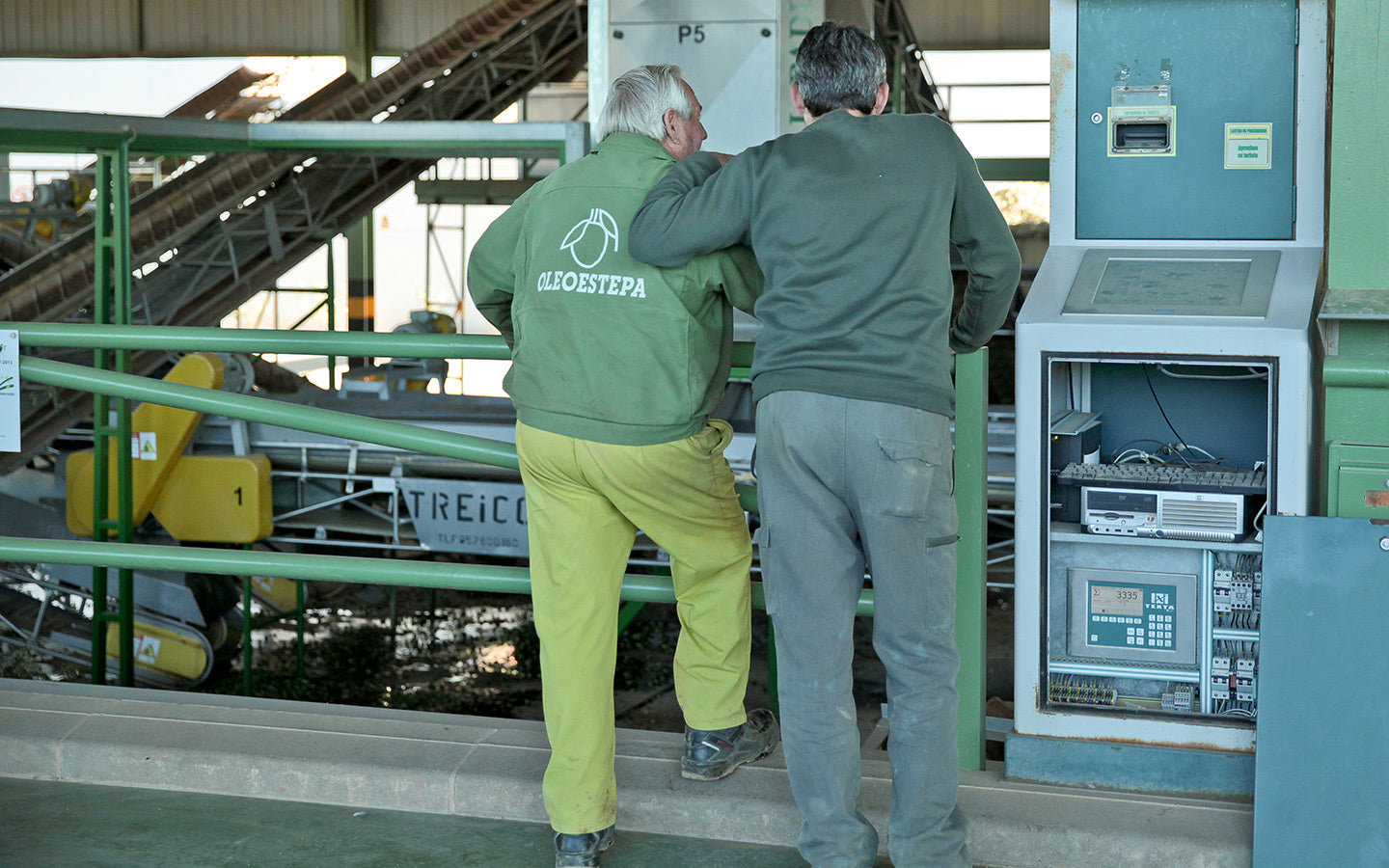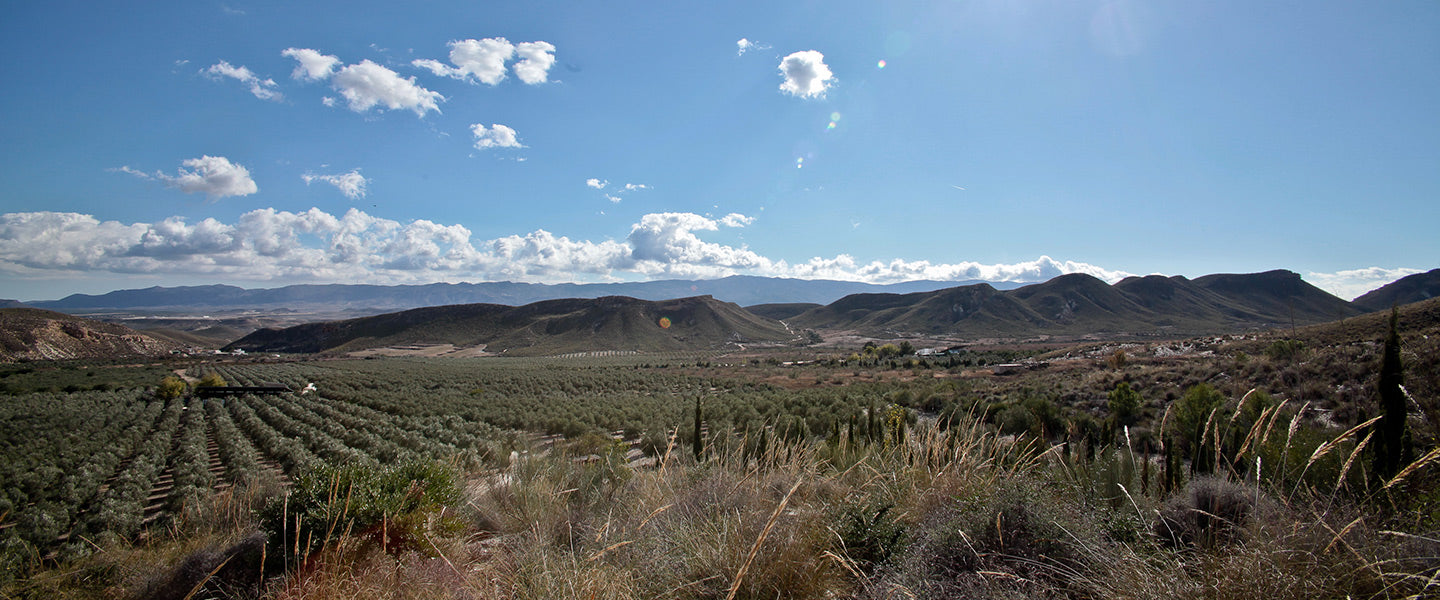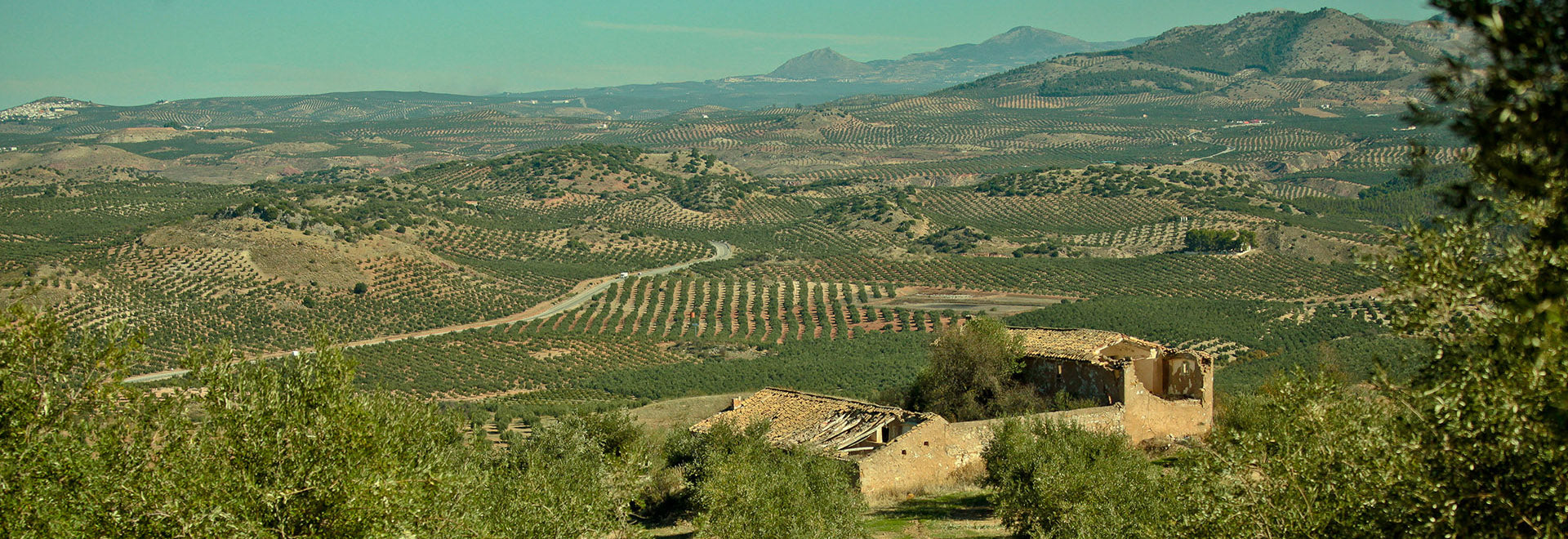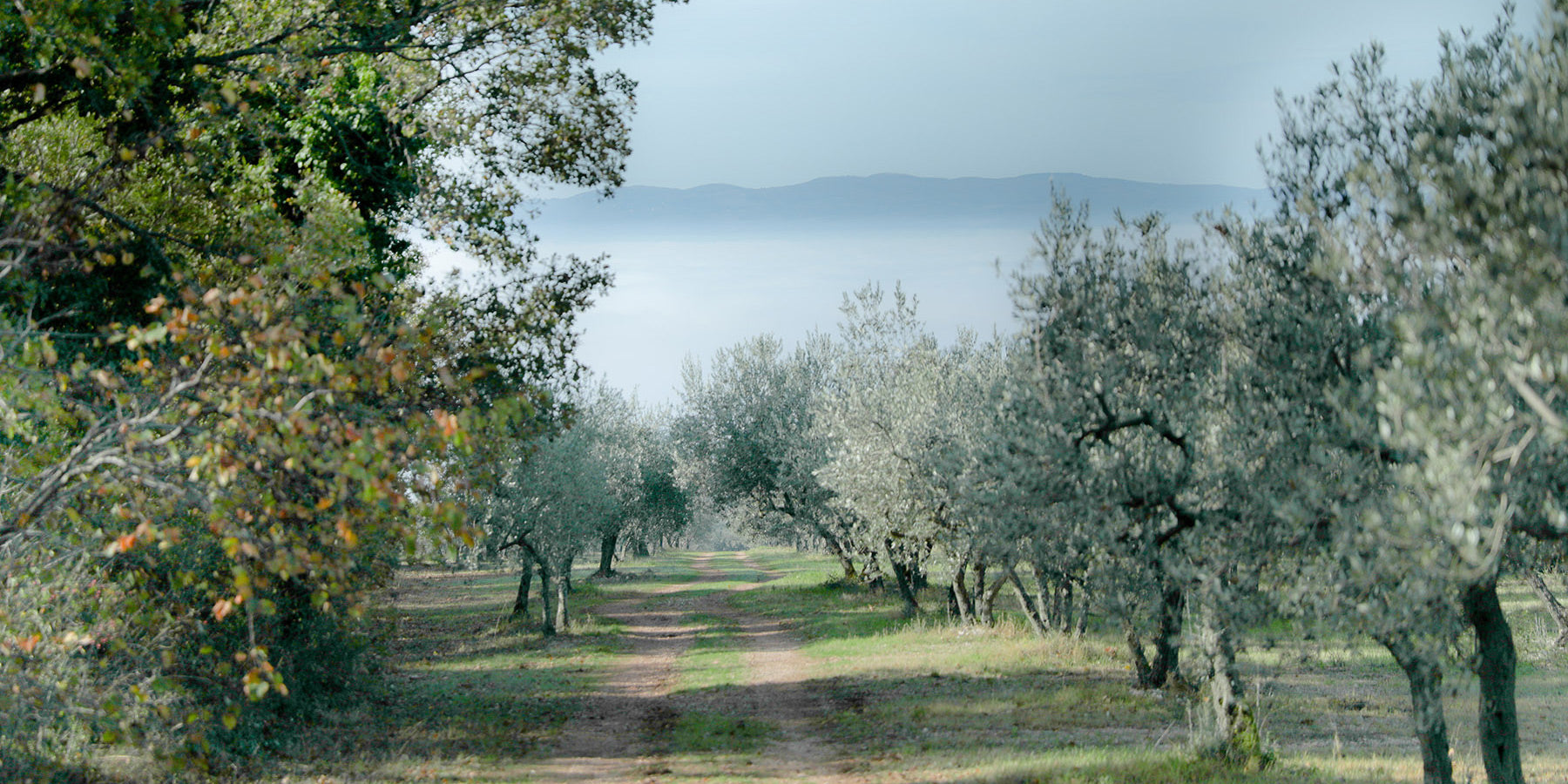Castillo de Canena
Posted by Olive Oil Lovers on
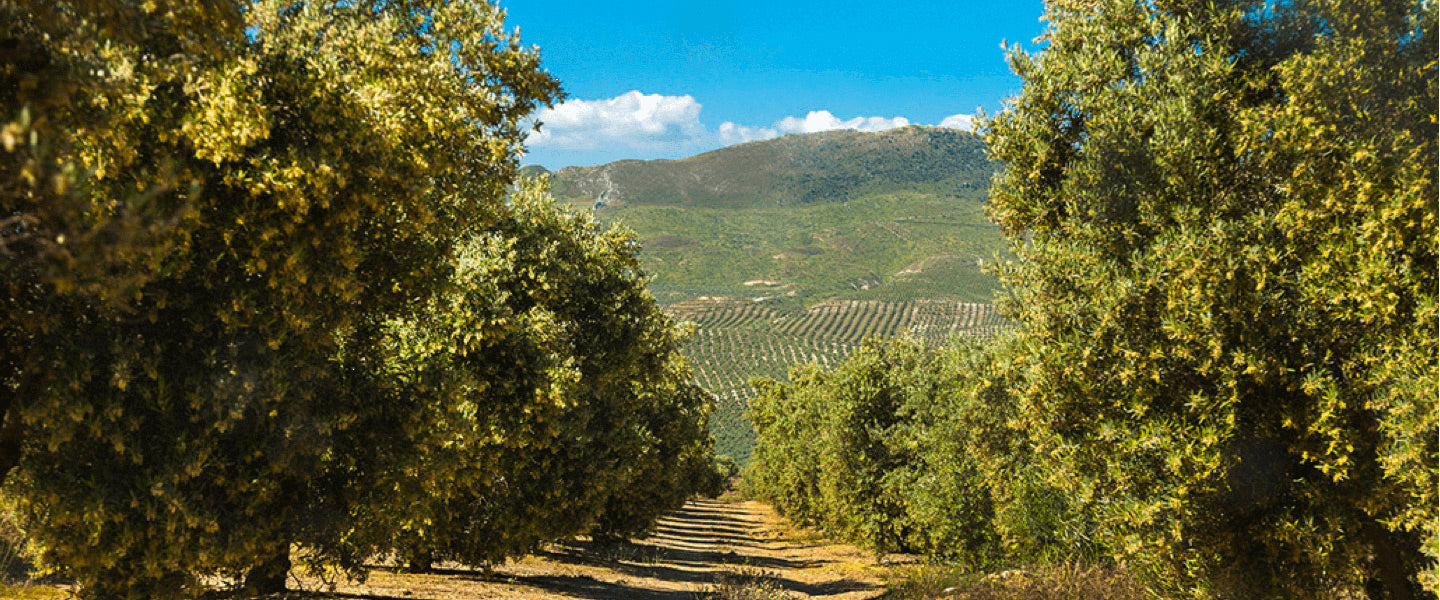
This company sees promoting biodiversity as the key innovation to create the highest quality oils.
The Castillo de Canena company was formally founded in 2014 by siblings Francisco and Rosa Vaño, with a goal of producing high quality extra virgin olive oil. The Vaños can trace the history of olive production in their family groves back to 1780. Their history serves as both an inspiration and a challenge: while olive oil production is an ancient art, living with this history helped them realize the need for innovation. With careful planning and a commitment to be leaders in the world of quality olive oil, the brother and sister team revitalized the family business. The company now exports their oils to over 50 countries, and their success can be attributed not only to business acumen, but also using science to constantly improve their products. The Vaños tell us that, "beyond running a business, we are collaborating with the environment and the planet. This is key for us." Perhaps the most important lesson discerned from their research was that the health of their land directly reflects the quality of their oils.

"For 3000 years, olive oil has played a leading role in our culture and economy, with Jaén seated at the very center."
The company takes its name from the family castle in the hillside above the township of Canena, in Spain’s Jaen province in the region of Andalusia. The township of Canena is located in the rolling hills of the Guadalquivir River Valley, near the World Heritage cities Úbeda and Baeza. The town of Canena was built around the castle, today one of the most important castles in Andalusia. Originally a fortress built by Arabs in the 13th century on the site of a Roman settlement, both the castle and town were purchased by Francisco de los Cobos in 1538 from Alonso de Baeza. A great patron of the region, de los Cobos restored the castle and transformed it into a Renaissance palace. De los Cobos served as the Secretary of State to King Charles I of Spain, also known as the Holy Roman Emperor Charles V, and the Emperor is known to have lodged in the Castle. Declared a National Monument in 1931, the castle is now owned privately by the Vaño family. They later restored and preserved the castle, and naturally borrowed the name for the olive oils that represent their family, home and region.
As caretakers of a castle that has endured the ages, the Vaños have deep familiarity with the many changes these lands have felt and witnessed. Yet even the solid structure of the castle, which has stood for centuries, has needed restoration on multiple occasions. The Vaños recognized that for their company to endure - and thrive - they needed to revitalize their land and restore its biodiversity. They began the process with a massive reforestation project, growing thousands of trees from acorns. They were not seeking instant changes, but tiny improvements that come day by day, and year after year. Tasting the oil helps one understand how the flora and fauna on the farm work together to offer subtle nuances that make the oils more exquisite and alive.

"Biodiversity is our guiding principle."
While biodiversity is the primary pillar of their innovative efforts to improve their land and their oils, Castillo de Canena has also forged partnerships with researchers and conservation groups to push the science forward - not only for their products, but also for the olive industry itself. Over the last decade their group has worked on research projects alongside regional universities like the Universidad de Córdoba and Universidad de Granada, agriculture institutes like IFAPA Jaén, IFAPA Córdoba and CDTI Spain, and NGOs like Fundación Caja Rural and SEO Birdlife. Through these research projects, the team at Castillo de Canena can now better trace their carbon footprint, improve their understanding of olive varieties and other organic crops, and help control fungus and disease. By committing to run their business in balance with nature and make ethically responsible choices, they have improved the livability of their area, returned native species to their land, and in the process helped their trees to make the best, most exquisite olive fruit possible.
The fresh juice of an early harvest olive, full of aromas and flavors, will enhance the flavor of your meals. It is delicious, and furthermore it is so healthy! Once you try a real good EVOO, you really understand the difference. It is addictive!
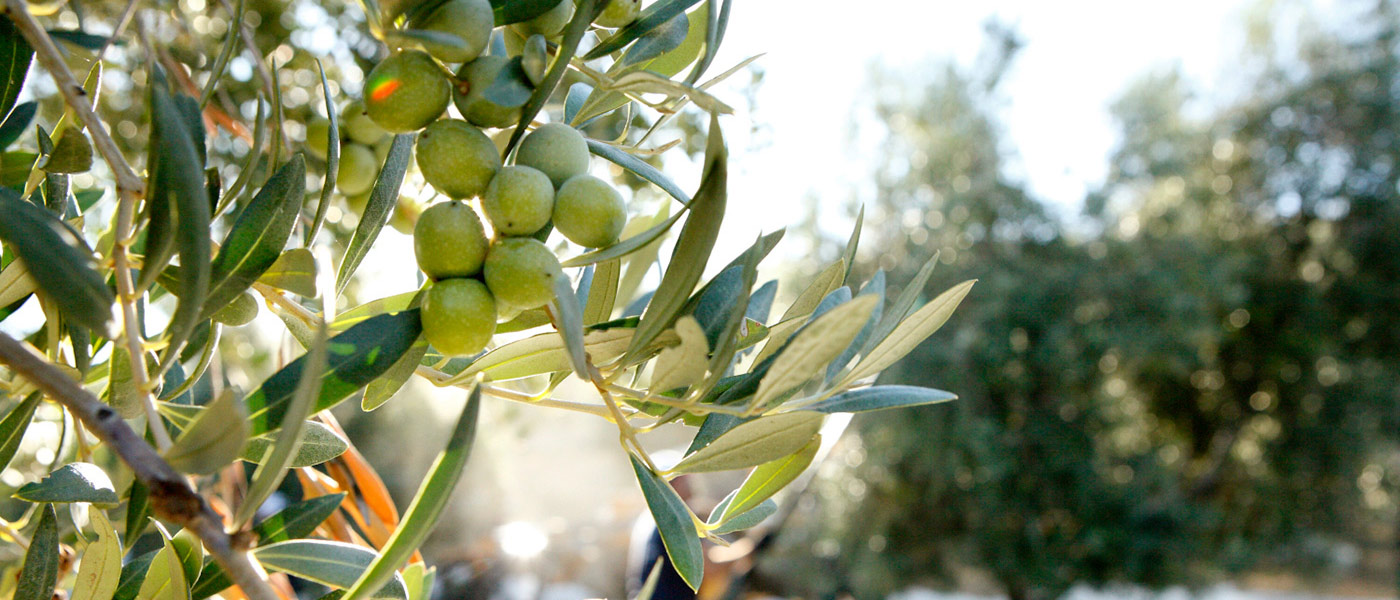
The Estate
The Castle of Canena was declared a National Monument in 1931 and later restored and preserved by the Vaño family, who remain its caretakers. The Castle welcomes visitors all year on Mondays from 4pm to 7pm.
The Castillo de Canena estate and mill do not offer formal agroturismo, however they do occasionally receive friends, customers, distributors, media and other people in the sector. Interested parties can schedule a visit by contacting: info@castillodecanena.com
